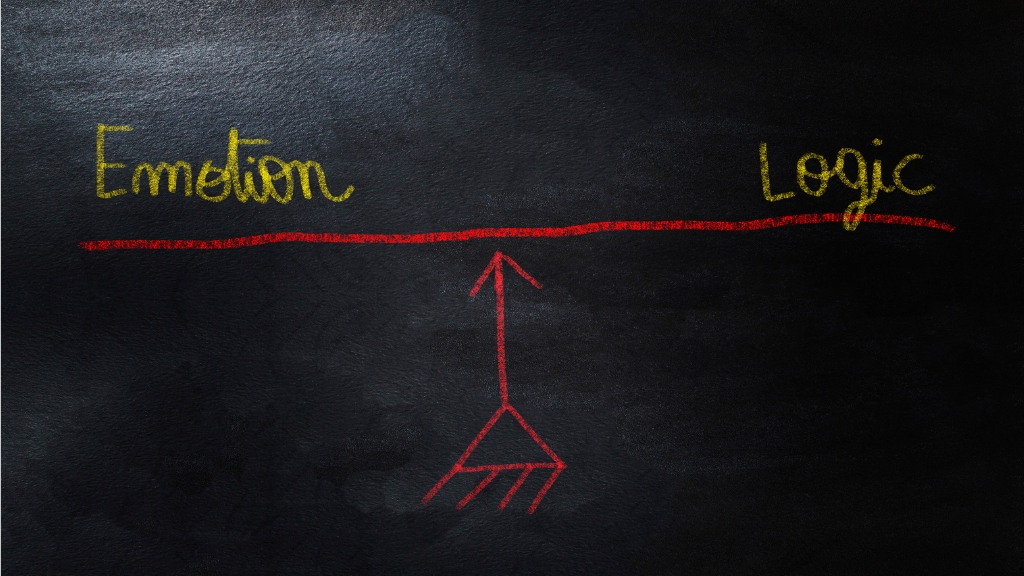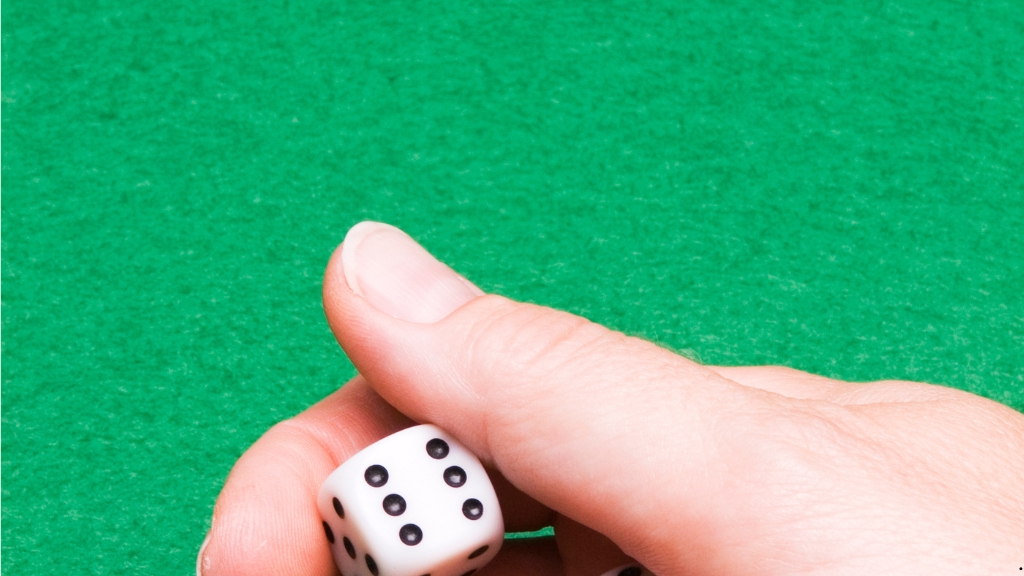Luck or logic—which truly drives success? It’s a question I’ve often pondered, especially when the stakes are high. While luck can feel like a mysterious force, smart players know there’s more to winning than chance. They rely on strategy, critical thinking, and calculated risks to tip the scales in their favor.
I’ve seen how blending logic with a dash of luck can create powerful results. Whether it’s a game, a business decision, or life itself, the smartest players don’t leave outcomes to fate. They understand the odds, anticipate moves, and turn uncertainty into opportunity. It’s not about eliminating luck but knowing how to use it wisely.
Understanding Luck And Logic
Luck and logic play contrasting but interdependent roles in decision-making and competition. A clear understanding of both can shape strategies and influence outcomes.
Defining Luck In Games And Decision-Making
Luck refers to events or outcomes driven by chance, outside an individual’s control. Coin flips, shuffled cards, or randomized processes are common examples in games. In decision-making, luck might manifest as unforeseen circumstances influencing results, such as unexpected market shifts or rival actions. While unpredictable, luck creates opportunities when leveraged effectively.
The Role Of Logic In Strategic Thinking
Logic relies on reasoning, critical analysis, and structured decision-making processes. It involves evaluating probabilities, anticipating scenarios, and choosing actions based on evidence. A logical approach enhances consistency, reduces emotional interference, and increases the likelihood of desired outcomes. For instance, calculating odds in poker or assessing risk in investments demonstrates strategic thinking rooted in logic.
The Balance Between Luck And Logic
Luck creates opportunities, while logic transforms them into measurable results. Combining both factors determines the outcomes in competitive settings and decision-making.
How Chance Impacts Outcomes
Chance introduces unpredictability, influencing scenarios where control is limited. Random events like a surprise opponent move in chess or favorable lottery numbers can shift the outcome unexpectedly. While luck may lead to temporary success, over-reliance on it diminishes consistency.
Occurrences driven by chance often act as an external catalyst. For instance, in sports, a favorable weather condition might enhance performance. In business, shifts in market demands can provide sudden growth opportunities. Recognizing these moments allows players to use them to their advantage effectively.
Leveraging Logical Thinking to Offset Uncertainty
Logical thinking strengthens decision-making by reducing reliance on luck. Structuring strategies, such as pre-planning moves or analyzing data trends, minimizes risk and maximizes control. In games like poker, using logic to calculate odds provides an edge over opponents relying solely on chance.
Assessing probabilities and outcomes is key to managing uncertainty. For example, traders who consider historical data and future projections make more informed investment decisions. By applying logical reasoning alongside calculated risks, it’s possible to navigate unpredictable scenarios with confidence.
Traits Of Smart Players
Smart players consistently balance logic and intuition to influence outcomes. They exhibit specific traits that help them thrive in uncertain or controlled environments.
Recognizing Patterns In Chance Events
I analyze recurring trends in events influenced by chance to uncover predictable elements. For example, in poker, understanding player tendencies or identifying repeated betting behavior allows me to infer probable outcomes. By studying statistical probabilities in games or business contexts, I can capitalize on moments where randomness aligns with a discernible pattern.
Identifying subtle correlations in past occurrences strengthens this ability. In market trading, tracking demand shifts or seasonal patterns helps me anticipate price trends triggered by random market fluctuations. Pinpointing workable patterns amidst chance events ensures calculated responses, not impulsive decisions.
Strategic Adaptation To Situational Changes
Adapting strategies based on evolving scenarios boosts my decision-making precision. Changes like opponent moves in chess or sudden weather shifts in sports require flexible thinking. Instead of rigid plans, I reassess contexts and adjust my approach to optimize outcomes.
Proactive scenario analysis sharpens situational adaptability. In business negotiations, evaluating multiple pathways before reacting to sudden terms provides leverage. This fluid strategy minimizes the impact of unpredictable factors while capitalizing on opportunities created by unexpected situations.
Tools And Techniques To Tilt The Odds
Leveraging tools and techniques effectively can shift probabilities in your favor. Combining logical strategies with situational awareness enhances control over outcomes.
Practical Strategies For Logic-Based Play
I rely on precise calculations and structured methods to make logical decisions. Analyzing probabilities of success through statistical models, like win-rate percentages in gaming or ROI forecasts in investments, minimizes uncertainty. Using pattern recognition tools helps identify trends, such as tracking betting patterns in sports or economic shifts in markets. Breaking complex decisions into smaller, manageable steps ensures better outcomes by reducing emotional interference and promoting clarity. For example, I might simplify a chess strategy by focusing first on controlling the center.
Knowing When To Take Calculated Risks
A calculated approach balances potential gains and losses effectively. I assess risk by considering available data, such as past outcomes, player statistics, or market performance. Using decision-making frameworks, like the expected value formula, evaluates the likelihood of success versus potential failure. I also incorporate scenario planning to prepare for unpredictable outcomes. For instance, I might decide to bet high only after observing a streak of favorable odds. Recognizing moments of opportunity, like doubling a poker hand with strong probabilities or investing during a market dip, ensures risks are strategic and not impulsive.
The Psychological Edge In Luck And Logic
Success depends not only on logical strategies and opportunistic luck but also on mental preparedness. The psychological edge leverages confidence, focus, and emotional resilience to tip the balance in high-stakes scenarios.
Building Confidence Through Preparation
Preparation strengthens confidence by reducing uncertainty in decision-making. I analyze past data, evaluate patterns, and simulate potential scenarios to predict outcomes effectively. For instance, mastering probabilities in poker or studying market dynamics in business ensures I’m equipped to face variable situations.
Breaking complex tasks into smaller, manageable goals also fosters a sense of control. Whether I’m strategizing for a chess match or preparing for intense negotiations, structured planning lays the groundwork for informed choices, leaving less to chance. When confidence is built on preparation, my reliance on luck diminishes, and my results become more predictable.
Maintaining Composure In Uncertain Scenarios
Emotional regulation ensures logic prevails when outcomes are unclear. I remain calm by focusing on controllable elements, such as probabilities or resource allocation, even when external factors amplify unpredictability. For example, in competitive sports, adapting a strategy mid-game prevents impulsive decisions caused by anxiety.
I also use mental routines, such as deep breathing or visualization techniques, to counter distractions from unexpected events. This approach creates a psychological buffer, ensuring my decisions align with strategic goals rather than reacting to stress. Maintaining composure ultimately sustains logical decision-making even when randomness influences the environment.
Conclusion
Success isn’t about choosing between luck and logic—it’s about mastering the balance. By combining strategic thinking with the ability to recognize and leverage chance opportunities, smart players gain an edge in any competitive scenario.
Luck may open doors, but logic ensures you walk through them with purpose. When preparation meets adaptability and emotional resilience, you’re equipped to navigate uncertainty and tilt the odds in your favor.
The key lies in staying proactive, focused, and ready to turn random moments into measurable wins. With the right mindset and approach, you can transform unpredictability into opportunity and achieve consistent success.




